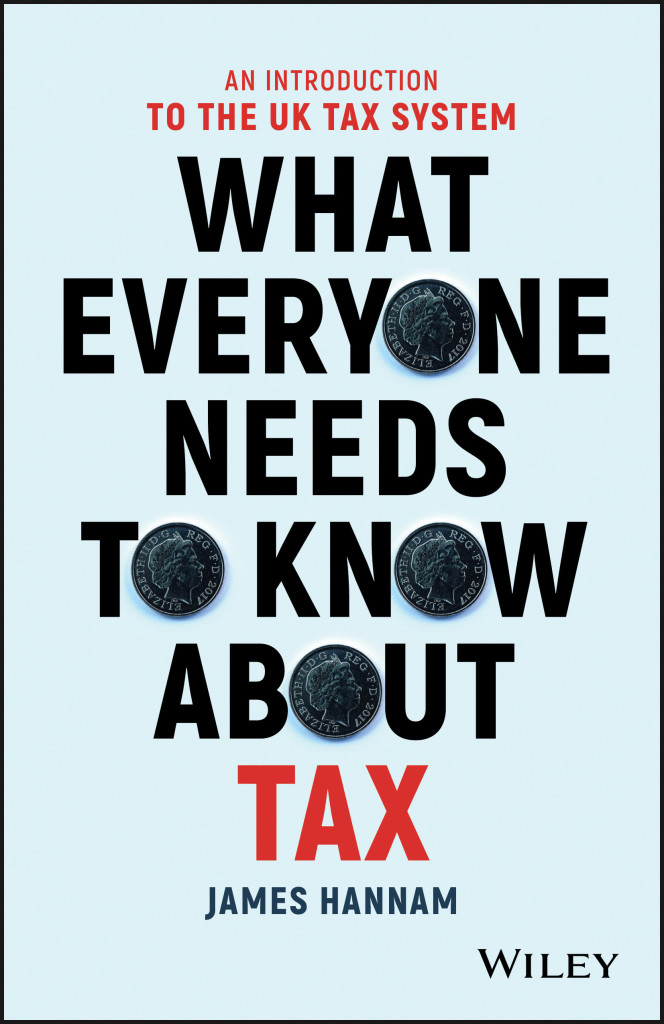Effective household management, often referred to as housekeeping, is about more than just cleaning and organizing your home. It also involves ensuring that household finances are well-managed to save your family valuable time and money. Whether it’s budgeting for groceries or reducing energy consumption, efficient household management allows you to successfully manage your family’s resources to meet your daily needs.
Ensuring proper maintenance to avoid costly repairs, negotiating insurance costs, or shopping prudently, household management requires strategy, planning, and discipline. Here are some helpful tips on how to manage your household efficiently to save time and money.
Establish a Budget
Setting up a household budget is the cornerstone of efficient household management, and it can do wonders for saving both time and money in the long run. A well-planned budget gives you a clear picture of where your money is going, allowing you to make informed decisions about expenditures.
For instance, opting for a higher mileage, affordable car could lead to savings not only in terms of fuel efficiency but also in terms of insurance costs. Many families have saved a substantial amount of money by choosing Toyota insurance for their vehicles due to its reasonable rates. It is important to note that every dollar saved through wise decision-making can add up to significant annual savings.
Reduce Energy Consumption
Energy-saving practices are not only beneficial to the environment but also result in significant reduction in household expenses. By implementing measures such as using energy-efficient appliances, reducing water consumption, using LED lights, and insulating your home, you can save a substantial amount of money over time. Turning off unused electrical appliances, utilizing natural light during the day, and maintaining an energy-conscious mindset can also greatly contribute to reduced energy bills.
Plan and Cook Meals at Home
Eating out frequently or getting takeout can quickly add to your expenditures. A more cost-effective solution is planning and cooking meals at home. Meal planning allows you to use your grocery shopping time more efficiently and prevents wastage of food. Additionally, home-cooked meals are usually healthier and more nutritious compared to fast foods. When possible, buying groceries in bulk could deliver significant savings.
Embrace DIY and Maintenance
Adopting a do-it-yourself attitude toward home repairs and maintenance can save you a lot of money usually paid to professionals for minor repairs. Moreover, regular home maintenance can prevent future headaches and expensive repairs. For example, regularly servicing your car, checking for leaks, maintaining your home appliances, and cleaning your home regularly can extend the life of these items, saving you both time and money.
Automate Bill Payments
Automating your bills reduces the risk of late payments and the exorbitant fees that come with them. Most banks offer free online bill pay services. You can set up automatic withdrawals to cover your mortgage, utilities, car payments, and other regular expenses. This not only guarantees timely payments but it also saves you the time and effort of keeping track and writing out checks.
Negotiate
Never shy away from negotiating prices or contracts. This includes everything from your cable bill to your gym membership. Large corporations have some flexibility in their pricing structures and would rather give a discount than lose a customer. It’s definitely worth a call to ask if any discounts or promotions are available.
In conclusion, efficient household management entails a well-planned budget, energy-saving practices, meal planning, DIY maintenance, automated bill payments, and the ability to negotiate. By applying these principles you can save a lot of time, while also preserving your family’s financial health. Essentially, managing a home effectively is similar to running a business, requiring both strategic planning and the discipline to follow through.




